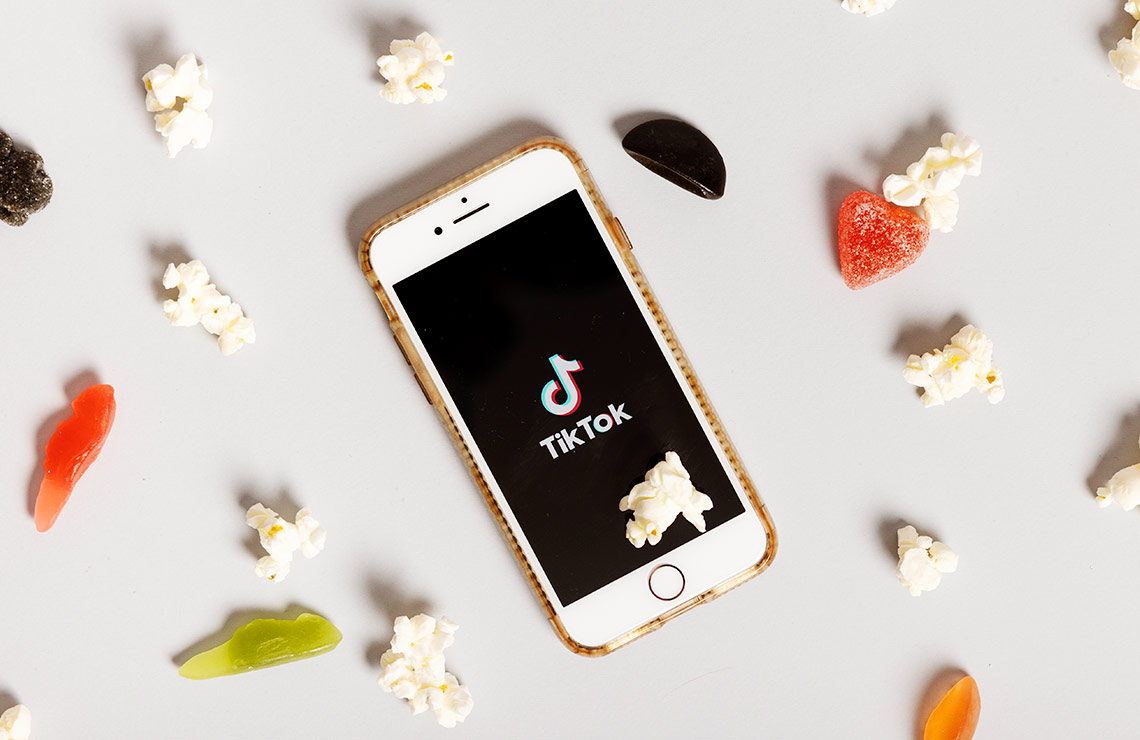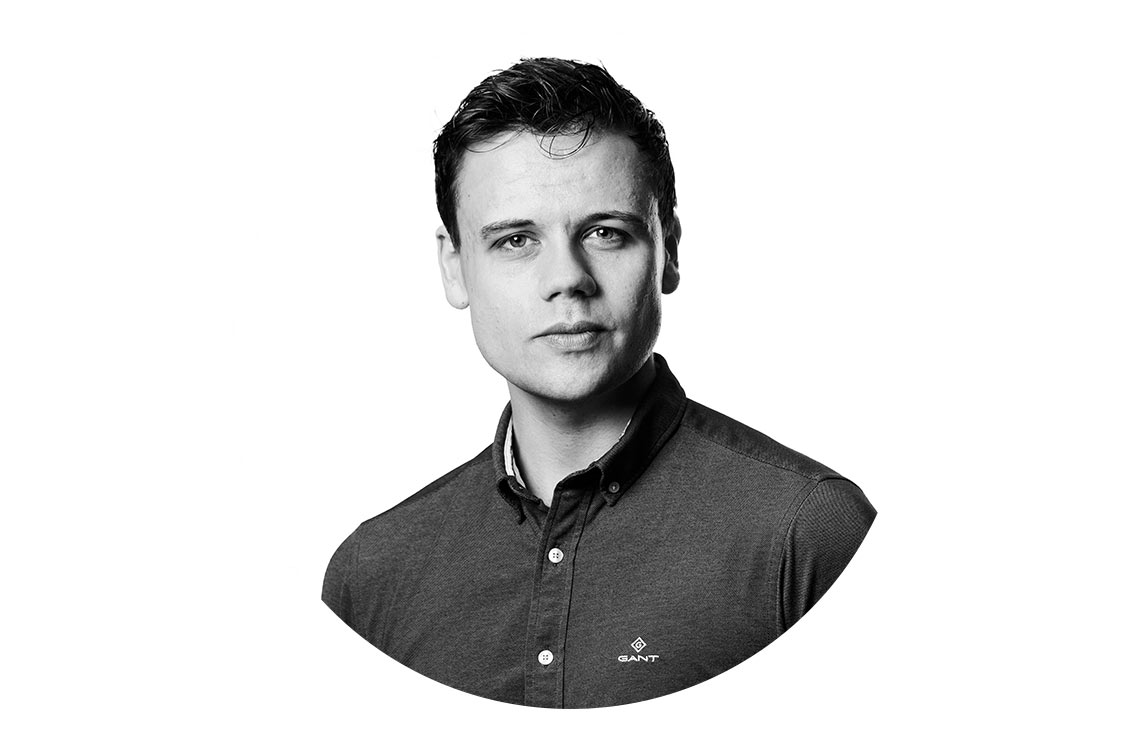
Influencers might need new skills to survive
Social media is fundamentally changing. Algorithms focusing on our interests will make us more passive, and influencers are in for a challenge.
We have now entered the third era of social media algorithms. This new development has major implications for some of the tech world’s leading players and for our personal well-being, and is one of the trends that will affect us most in the coming years.
Time is money
The first era of algorithms was simple by today’s standards. We as users decided for ourselves what interested us and which accounts we would follow. Then posts from those accounts began appearing in our feeds in chronological order.
During the second era they were shuffled up so that posts from accounts we already followed were mixed with posts our friends commented on and with accounts that resembled the ones we already followed.
Now we have entered the third era, where we don’t even need to tell social media what we’re interested in. It doesn’t matter which accounts we follow. Recommendation algorithms are now becoming so accurate that they always give us what we want without us having to actively tell them what that is.
Just like before, it’s all about consuming as much user time as possible. Time is money or, to put it more precisely, the more companies can hold our attention, the more advertising they can sell. They earn more money – and therefore more value – for their shareholders.
This era also goes to show that we ourselves don’t know what we want. The companies can figure that out for themselves and then get us to spend our valuable time on them.
The principle isn’t new, but the amount of money being invested in developing it is. And it’s TikTok that’s leading the way. Its parent company Bytedance spent SEK 163 billion on research and development in 2021 alone. Developing a market-leading algorithm is expensive.
Algorithm development is also transforming how we use social media. Previously, users would interact with friends and acquaintances and share their everyday life with them through photos and status updates. The apps served as extensions of our social lives.
Now the focus has been shifted to entertainment. Here, too, TikTok is the one driving the change and is sitting in the driver’s seat. On its platform, it’s not who you follow that determines what content you view, but rather the type of content you like. The social function has been peeled away. And its competitors are following suit.
Video is the new gold
For the social media giants, video is the new gold. Instagram and Facebook are fighting to get Reels, their TikTok clone, to take off. YouTube is investing heavily in the very similar Shorts format. It’s about reversing a trend where, for example, Instagram and Facebook owner Meta is seeing its first ever decline in user growth and revenues.
This trend is also redrawing the map for influencers who enjoyed huge success and earned large amounts of money on those platforms. For many years now they could sit back and enjoy growing audiences and engagement, which guarantees collaborating advertisers a certain amount of exposure. But what happens when followers cease to be so important?
The fact that TikTok’s algorithm is based on interest rather than audience size means that anyone can go viral. This summer Instagram tried to roll out similar changes in its algorithm but faced fierce pushback from the most established influencers, from Kim Kardashian to Swedish Rebecca Stella. In SvD, one influencer described the new reality on the platform as “Russian roulette”.
Instagram had to admit they were wrong and withdrew it, but it’s probably only a matter of time before the new algorithm returns. Instagram simply can’t afford not to keep up with users’ changing behaviour, and has declared Reels as the future for the platform.
Influencers need to start over
For many of the leading influencers around the world, this means they will have to start over, learning new tricks and understanding user behaviour on a new platform. Those who built careers on generating engagement by posting nice pictures will suddenly have to learn how to make videos and create a different type of content. Not everyone will survive the transition,
And perhaps that’s the natural process of succession; after all, it’s normal in most industries for new skills to emerge and for old ones to die out, and for companies to change their strategies.
So how are the platforms’ new, advanced recommendation algorithms affecting us users? We’re becoming less active and more passive. We’re using the platforms less and less for keeping in touch with friends and acquaintances. And instead we passively scroll through infinite feeds over which we have no control. One aspect of it is how it makes us feel.
Research on psychological well-being and social media use is still in its infancy, and it’s very difficult to say anything about cause and effect, but there are some indications – and they’re pointing in the same direction. A study conducted in the United States found that individuals who passively consume social media content run a 33% higher risk of developing symptoms of depression, while the same risk for active users is 15%. A study conducted in Iceland on more than 10,000 adolescents found that passive consumption correlated negatively with anxiety and symptoms of depression. The same correlation was not found in active users, even after controlling for other factors.
As already mentioned, the relationship between cause and effect is not easy to establish, but we can be pretty certain that development of the algorithms has more to do with enriching the social media giants’ shareholders than it has with making life better for us users.

Sophia Sinclair
Tech Reporter SvD Näringsliv
Years in Schibsted: 4

Henning Eklund
Tech Reporter SvD Näringsliv
Years in Schibsted: 2
